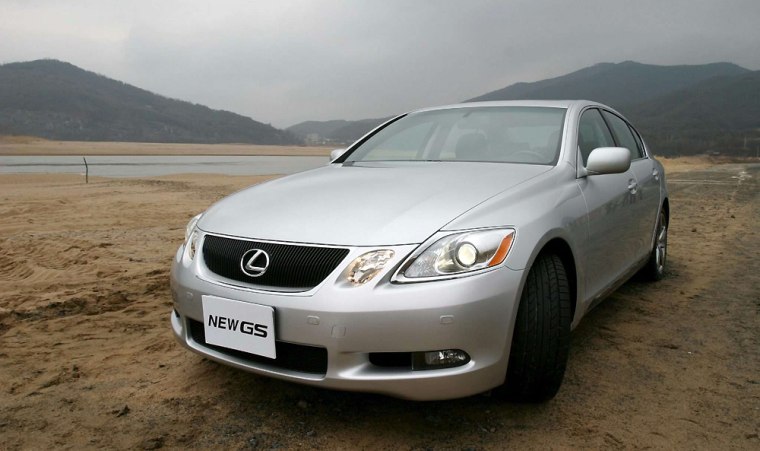The Japanese rule the sedan market.
Just as American automakers still make the best pickups, Japanese automakers have come to build, for the most part, the best sedans in the world. The only areas in which their sedans do not trounce the competition are the most stratospheric price brackets — and that's presumably because the Japanese don't sell sedans that cost more than $60,000.
We release our guide to the best sedans each year at this time (you can find it in the slide show that follows), and this year, the domination of the Japanese has become more astonishing than ever, because it is more indisputable than ever. In comparison after comparison, we found the Japanese offerings tend to beat the competition in terms of reliability, owner satisfaction, safety and depreciation. While, for example, a BMW may have higher owner satisfaction than a car from Toyota Motor, the Toyota will tend to have a stronger combination of the vehicular selling points we just mentioned than its competitors.
What happened to the Germans? Wasn't a company such as DaimlerChrysler's Mercedes-Benz subsidiary supposed to be the ultimate sedan manufacturer? Poor reliability, an issue for which the brand has garnered a lot of press in recent months and years, has become the bête noire of Mercedes owners.
Consumer Reports gives both Mercedes' flagship S-Class and high-volume E-Class sedans ratings of “poor,” the lowest on its scale, for predicted reliability. The entry-level Mercedes C-Class sedan ranks only one step higher, with “fair” predicted reliability. To compare those ratings to some Japanese sedans, all of the sedans in the slide show from Toyota and its upscale Lexus subsidiary achieved reliability ratings of “excellent” or “very good.”
We say this while understanding that buyers don't always go with what looks best on paper. Hearing your mom say, “I have the perfect girl for you” and then hearing the woman's list of attributes will ordinarily not make you fall in love. By the same token, car buyers frequently go with their hearts and not their heads, and plenty of people have criticized Lexus for being technically excellent, but not passionate enough.
Despite the reliability problems, Mercedes still makes a mighty fine car. We hope that the engineers and executives at the company are able to resolve their quality control issues quickly, and we will be the first to stand up and cheer when we can put a Mercedes back on this list. Mercedes-Benzes have a certain iconic quality lacking in Lexus cars. It's sort of like the difference between Sean Connery's James Bond and Pierce Brosnan's; one is the real thing, and one is a kind of smooth copy.
We used reliability ratings and other objective standards to make our “best sedan” selections. Factors such as a car's recall history, predicted depreciation, safety and owner satisfaction went into our decisions. As usual, we only evaluated vehicles we — as an editorial staff that spends its life working with cars — would consider owning. We love cars and taking road trips, so we would not consider owning a car that did not have significant performance capabilities, interior comfort or commodious luggage space. We also want to feel a certain pride of ownership in our vehicles.
Another rule we employ in these kinds of features is what we call the “no lame ducks” rule — we want to inform customers about the latest and greatest vehicles, so we did not consider rewarding models that are headed for discontinuation or replacement. That's why you won't find the BMW 3 Series in the slide show that follows; an overhauled model will go on sale in June.
For a look at the best sedans on the market — and to see why and how the Japanese automakers have become such formidable builders of four-doors — please follow the link below.
